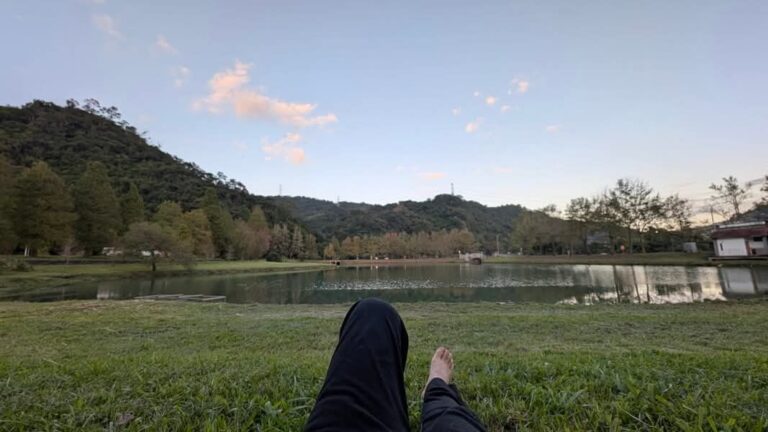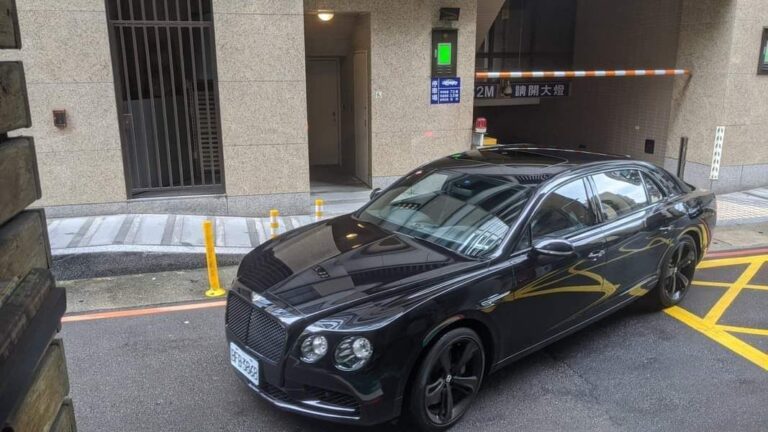
Many parents hope to accumulate wealth for their children. Traditional deposits have low interest rates and weak resistance to inflation, so regular and fixed-amount investments in the stock market become a simple and effective option. By investing a small amount of money every month, you can balance market fluctuations and accumulate assets over the long term. At the same time, it can also be combined with a policy with cash value to provide protection and strengthen the financial foundation of the child's future.

The tax risk of investment-type policies depends on the "gains" (withdrawal amount - premiums paid), not whether it exceeds the principal. If there is no profit, there is no tax exemption; if there is a profit, the tax burden is determined by the annual income and the tax exemption amount. The withdrawal amount is tax-free if it is less than 92,000 (2024 standard), but it will be included in the comprehensive income tax declaration (tax rate 5%~40%) if it exceeds. There is no need to worry if the investment is below 1 million. For investments above 2 million, it is recommended to withdraw the funds in installments and make reasonable plans to save taxes. Those who invest more than 5 million should plan their taxes in advance to avoid high tax burdens.

Investment-type insurance is not completely tax-free, but it does enjoy the advantage of tax deferral. During the internal operation of the policy, asset appreciation and dividends are not taxed, but if the policy is terminated or partially withdrawn, the gains exceeding the premiums paid must be included in the personal comprehensive income tax return. Death benefit proceeds are usually tax-free, but if the estate exceeds the tax-free amount, it is still subject to estate tax. Compared with directly holding ETFs, investment policies can defer taxation and are suitable for long-term asset allocation, but frequent withdrawals still have tax costs.

Business cycle stocks are stocks that change with economic fluctuations and are concentrated in traditional industries such as coal, oil, and steel. It is characterized by low valuation and high volatility, which is suitable for investors with insight into economic cycles to buy at low times and sell at peaks. Compared with ETFs that simply pursue stable returns, cyclical stocks can increase leverage and bring capital gains, but they need to pay attention to the timing of exits to avoid losses caused by a recession. During the investment process, it is crucial to choose a strategy that suits your risk tolerance.

In the life insurance industry, some advisers may induce policyholders to purchase more insurance than they need, a practice known as profiteering marketing. The real purpose of insurance: It should be to improve life, not to make people work hard. Investments should be made within one's means and planned carefully to avoid the risk of inflation and insufficient claims in the future. With wise insurance choices, you can better protect your future.

"Money" "Protecting the future" After all, do you have money to use if something happens? Then you buy a lot of different types of insurance just to wait for that day in the future. What if nothing happens and everything goes smoothly? So what can you do with the insurance you bought? Wouldn’t it be all in vain? Just for peace of mind! ?

Investment and insurance are important tools for financial management, but maintaining sufficient working capital (about 1/3 to 1/4 of income) is the key to ensuring financial security. Working capital funds should cover basic living expenses for 6 to 12 months to deal with emergencies or income interruptions, and be deposited in highly liquid and secure channels, such as living deposits and monetary funds. In terms of capital allocation, you can follow the rule of three: a balanced allocation of investment, insurance and working capital, and regular review and adjustment to ensure that life stability and asset growth are synchronized.

Buffett's final decision, through share conversion and charitable donations, not only demonstrated his philanthropic philosophy, but also brought about the continued rise of the US stock market. It provides a clearer framework for its subsequent wealth inheritance, which will undoubtedly have a profound impact on investors at different levels and the market.

This year should be felt by all of Taiwan. Since the government promulgated the new Qing’an housing loan policy last year, the housing market has been rising like a rabbit, and a lot of people are watching TV and following various celebrities. While scolding Xinqing'an for causing housing prices to rise indiscriminately, have you ever tried to look at this matter from another angle?

Regarding the matter of opening a store, because recently I was selling a store, and I kept encountering my first-time entrepreneurs. They came to look at the house, and then talked to me about various dreams, how to make and modify it, and I wanted a large space and cheap rent. With various dream conditions, I can only say that ideals are always full! It’s true that opening a store will make you a lot of money, but a new decoration will easily eat up your initial cost first. That is the non-recyclable item that is more exaggerated than the rent. After all, if you stop renting, you will not have to pay again. , but if you spend a lot of money on decoration, you will lose it immediately. Unless your home is really rich and you are not afraid of burning money, as long as the store is beautifully opened.














